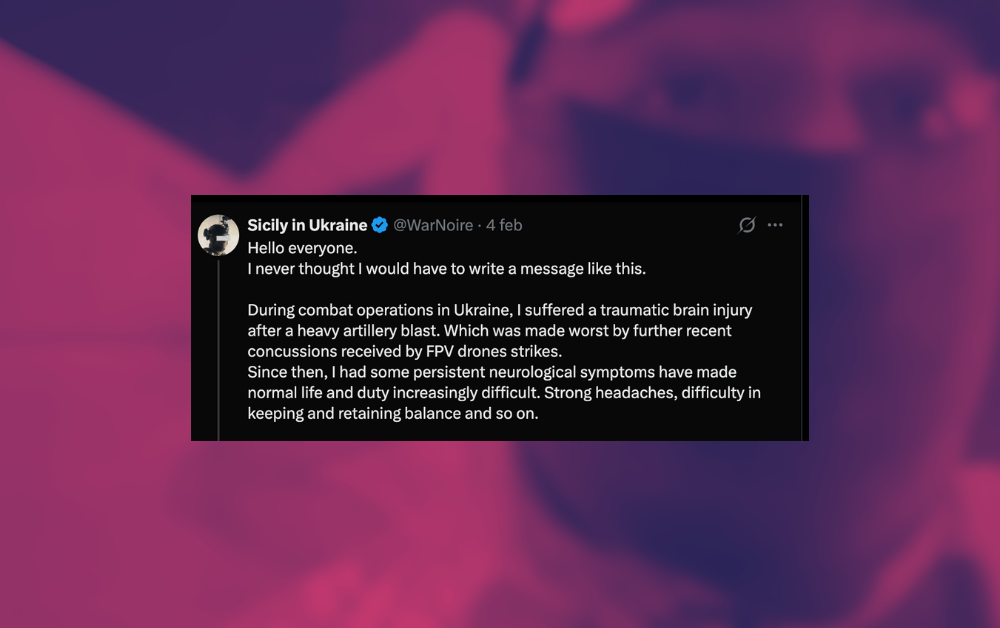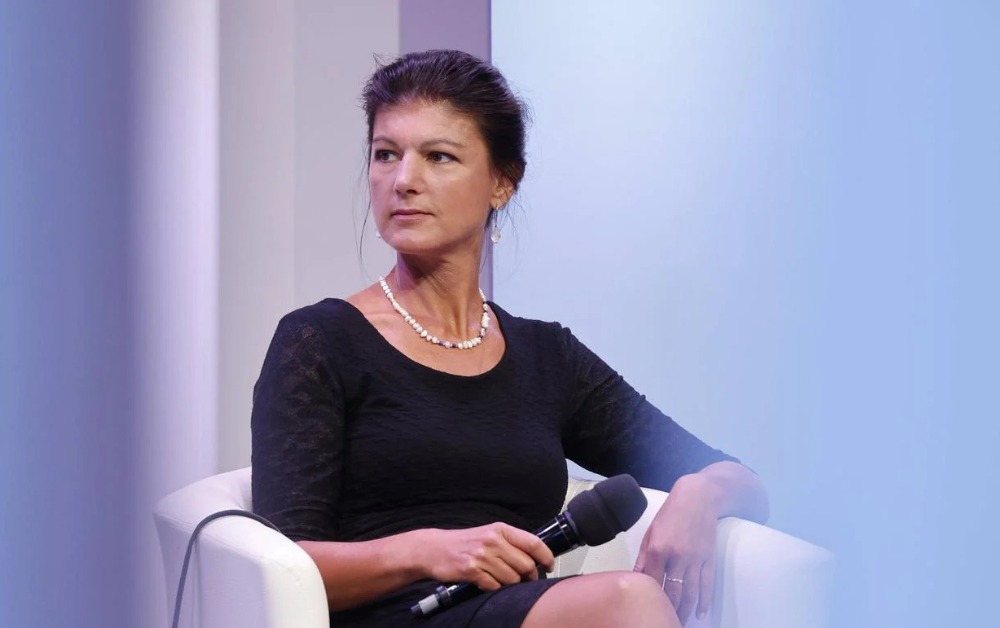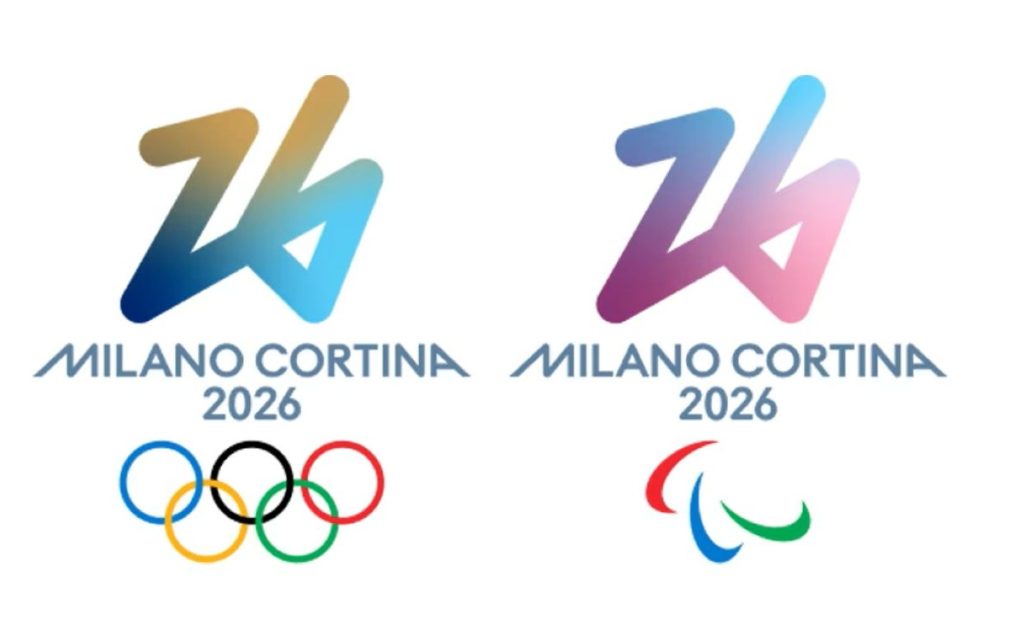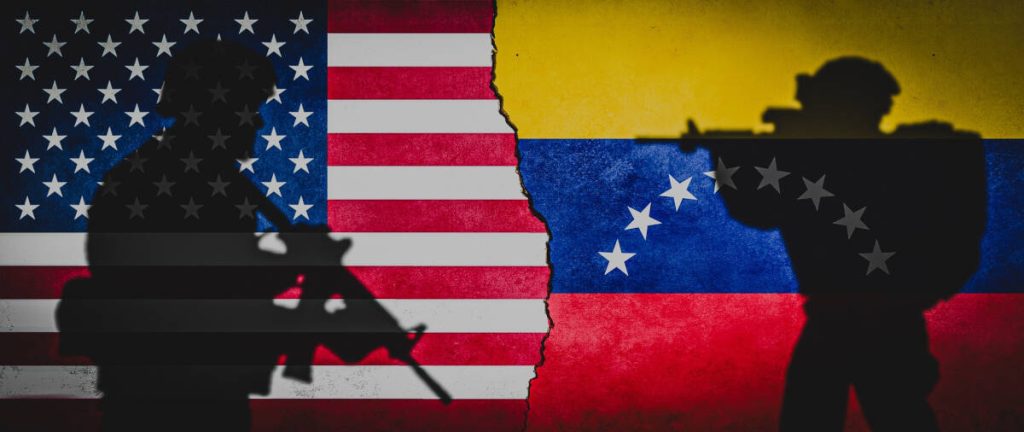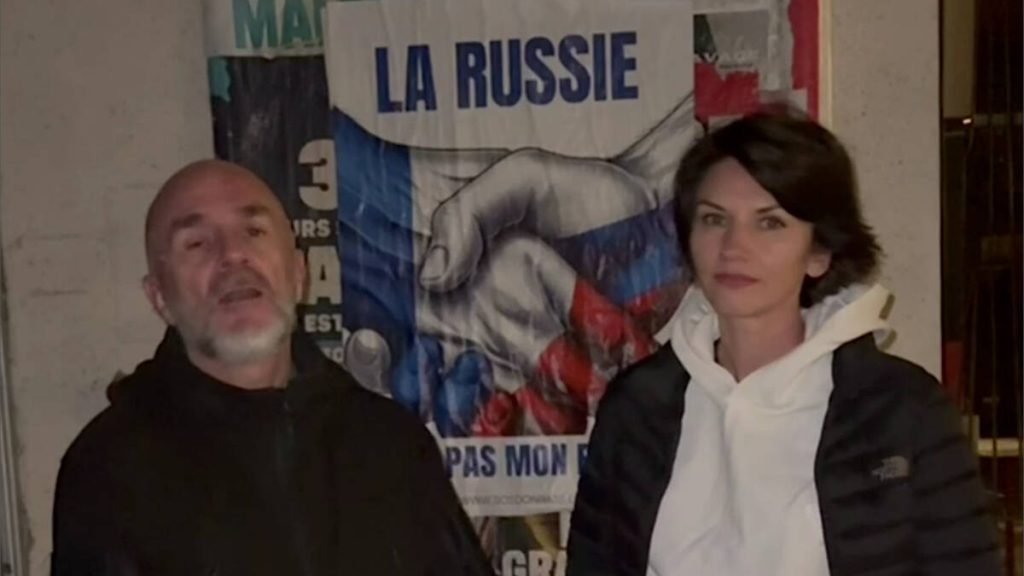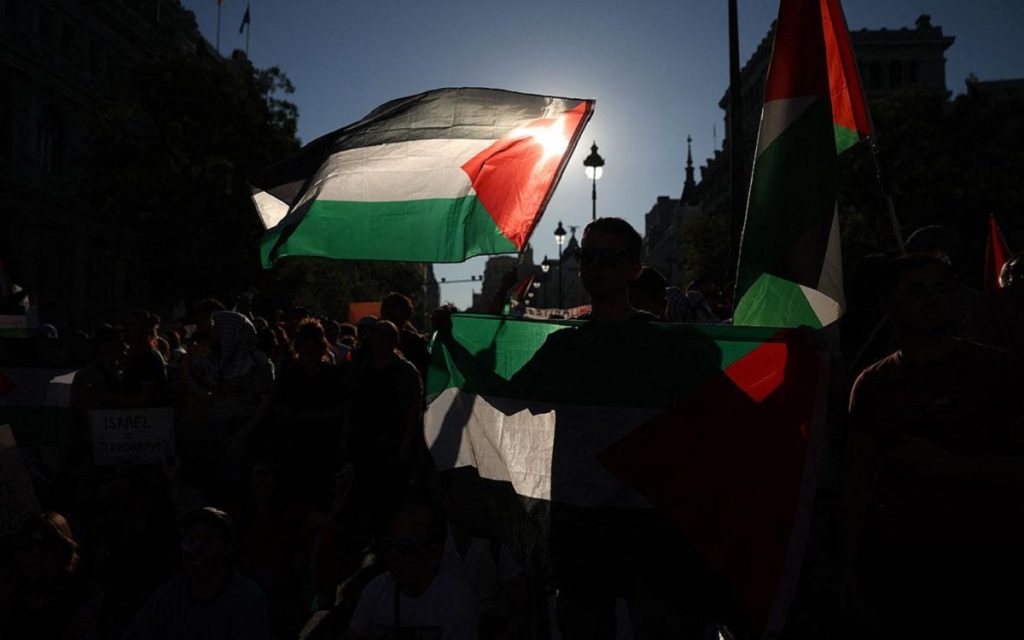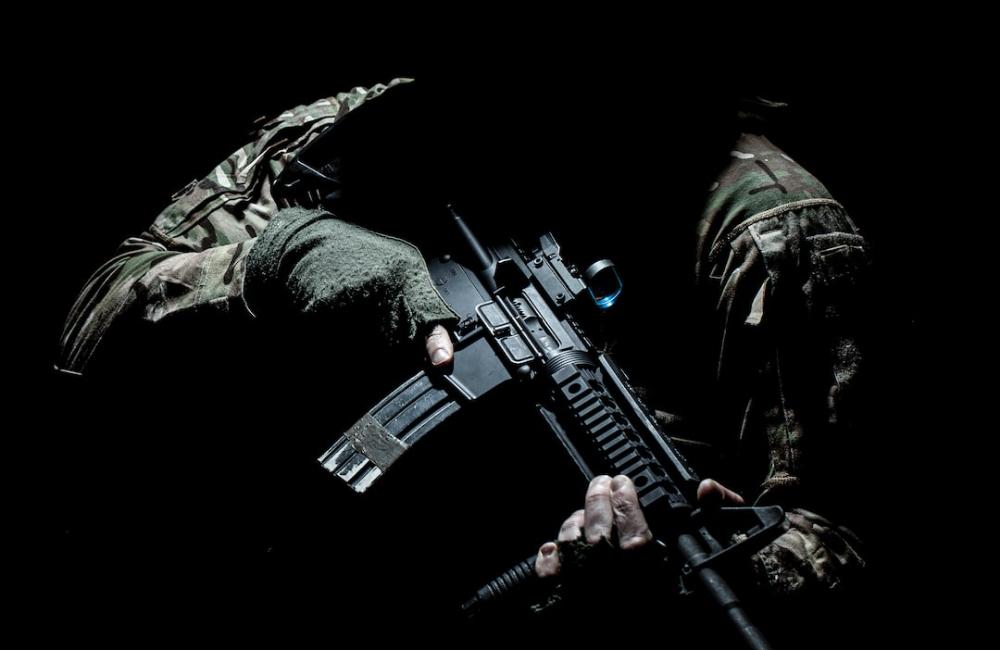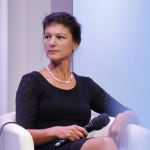The Twilight of Certainties
We are living in a time of transition, where the great words of Western modernity — progress, security, stability — have lost their former resonance. Europe, which for centuries conceived, designed, and governed the world, now looks into the mirror and no longer recognizes itself. The century opened with fire and collapse: New York in 2001, Wall Street in 2008, Wuhan in 2019, Kyiv in 2022, Gaza in 2023. Each of these events carved a deep wound into the body of Western civilization, exposing the fragility of a system that believed itself eternal.
We built a world without transcendence, an order without mystery. We convinced ourselves that history had ended, that technology could replace politics, that commerce could abolish war. But history, like the sea, always comes back to reclaim its shores.
A Weary Europe
Europe is the continent of memory. It invented philosophy and freedom, law and beauty. And yet today, it lives on nostalgia. It has become an aging continent, tired and uncertain of its own greatness. Politics has been reduced to management, culture to consumption, spirituality to recollection. Its cradles are silent, its squares empty, its voices contradictory.
Italy and Japan are now the oldest nations on Earth—two ancient civilizations staring at the future with the eyes of those who have seen too much. While Europe questions its own survival, Asia blooms. In India, half the population is under twenty-five; in Iran, three-quarters are under forty-five. Across the megacities of Southeast Asia, millions of new workers, entrepreneurs, and dreamers emerge each day. We defend what we have; they pursue what they want. And history, as always, belongs to those who desire more.
The Paralysis of Order
After two world wars, Europe built a political edifice founded on diplomacy and cooperation. The European Union, NATO, the OSCE, the OECD — all institutions born to guarantee peace, but rarely capable of generating vision. The price of peace has been immobility.
We have become masters of rules, but not of destiny. Europe has turned into a continent of procedures, unable to imagine tomorrow. It no longer dreams of a shared project; it merely administers a managed, measured, horizonless present. Meanwhile, Asia forges new alliances, builds bridges, and weaves relations. From the Shanghai Cooperation Organization to the BRICS and ASEAN, a world is emerging where everything is mobile, adaptable, pragmatic. Where we see limits, they see possibilities.
The Loss of Spirit
Once the heart of Christianity, Europe has replaced the sacred with the cult of the individual. Churches empty, vocations decline, and new generations no longer speak the language of mystery. Faith has been replaced by consumption; destiny by entertainment.
In Asia, religion remains a source of power, not a relic of the past. In Russia, Orthodoxy has returned as a moral and political pillar; in Iran, Shiite Islam shapes public life; in India, Hinduism has become a national ideology; in China, Confucianism survives behind the mask of communism. Where Europe believes in rights, Asia believes in duties. We speak of individual freedom; they speak of collective destiny.
And yet, a civilization that no longer knows why it exists will soon cease to exist.
The Power of Flows
Power today no longer resides in production but in the control of flows — of pipelines, cables, ports, data, algorithms. Asia has become their vital center. China is tracing its New Silk Road; India is building a digital empire; Turkey positions itself as an energy and cultural bridge between continents; Iran controls the Strait of Hormuz; Russia turns its economy eastward. Europe, meanwhile, depends. It depends on American energy, Chinese technologies, and trade routes it no longer commands. It lost material sovereignty because it first lost spiritual sovereignty.
The Choice of Destiny
It is not yet too late. But Europe must once again ask itself who it is — and why it exists. It cannot continue living as a museum of itself, a quiet garden of glorious ruins. It needs courage, vision, and cultural pride. Not a return to imperialism, but to a consciousness of civilization. Not nostalgia for dominance, but a project of meaning.
Italy, in this vision, has a unique mission: to be a bridge between worlds, the heir of a Rome that not only conquered but civilized. Rome does not command — it inspires. And Europe will be reborn only if it learns to inspire once again, not to imitate.
A Call to Awakening
The return of the East is not a threat, but a mirror. It reflects what we have forgotten: hunger for the future, faith in destiny, the will to spiritual power. If Europe can look within and recognize its weariness, it can become a beacon once more. But if it continues to hide behind neutrality and self-satisfaction, it will become nothing more than a parenthesis in history.
The time to choose is now. Because the world will not wait — it moves, it changes, it grows. And if Europe wishes to survive, it must stop remembering and start believing again.



